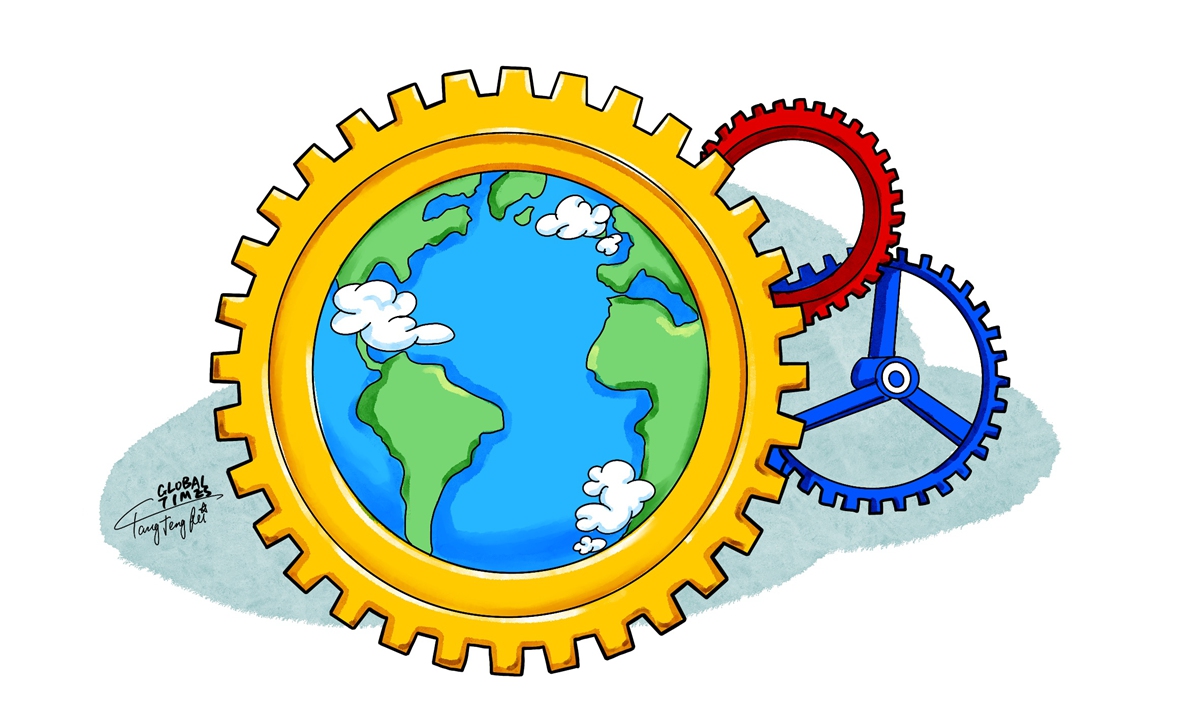
Illustration: Tang Tengfei/GT
Following US National Security Advisor Jake Sullivan's China trip in late August, US Senior Advisor to the President for International Climate Policy John Podesta started his three-day China visit on Wednesday with the aim of "practical cooperation."
This high-stake meeting, held months ahead of the US presidential elections and the COP29, is an opportunity to stabilize bilateral relations, accumulate positivity for the future and inject impetus into global efforts to tackle the threat of climate change, analysts said.
Podesta and China's special envoy for climate change Liu Zhenmin will co-chair the second meeting of the Working Group on Enhancing Climate Action in the 2020s, with domestic climate policy actions by both countries, and multilateral efforts to address climate change on the agenda, the Xinhua News Agency reported Tuesday.
Liu and Podesta had their first meeting in May, during which the two sides
agreed on cooperation, including methane emissions control and reduction.
This round of meeting will cover issues on reducing global emissions and increasing funding for impoverished countries, and attempt to bridge gaps to achieve a more successful COP29 in Azerbaijan, in November, according to media reports.
As climate issues are viewed as a constructive channel of dialogue that can contribute to easing tensions between the US and China, this meeting is an opportunity for both sides to stabilize relations, Lü Xiang, an expert on US studies at the Chinese Academy of Social Sciences, told the Global Times on Wednesday.
Lü said Sullivan's visit was an attempt to establish a more stable foundation for bilateral relations to avoid risks in the upcoming months as the incumbent administration draws close to an end.
China and the US are obliged to cooperate on climate change, which poses a global threat and is in urgent need of global action, Lü said, noting that this consensus can guide the two countries to seek common ground in negotiations despite the US' strategic competition with China.
Lü, citing the US' sanctions and tariffs on Chinese electric vehicles and photovoltaic panels, noted that climate cooperation cannot be realized through coercion and that the US should have policies consistent with carbon reduction pledges.
"It is time for actions, not just slogans… and the two countries should avoid vicious competition in green industries," Lü said.
There has also been concern over Washington's policy continuity, as the US officially withdrew from the Paris Agreement in 2020 and joined again in 2021, observers said.




